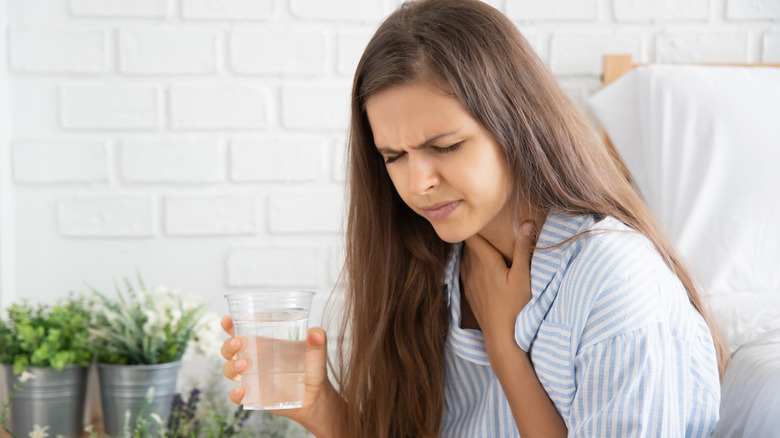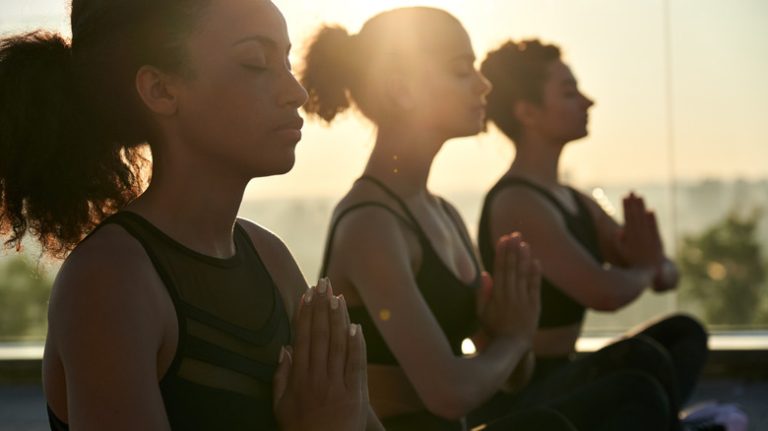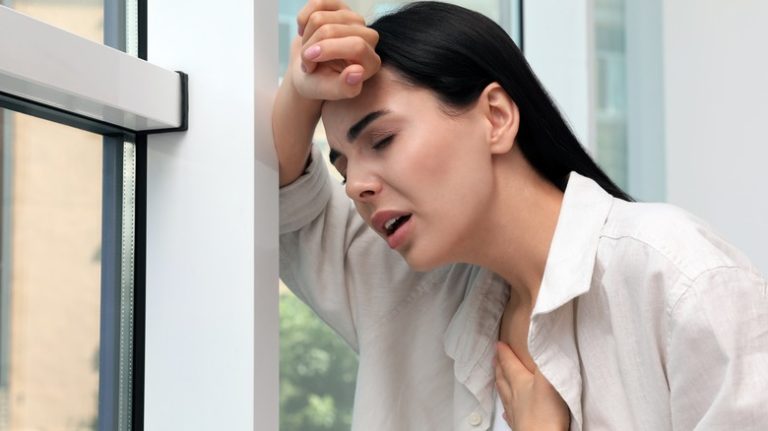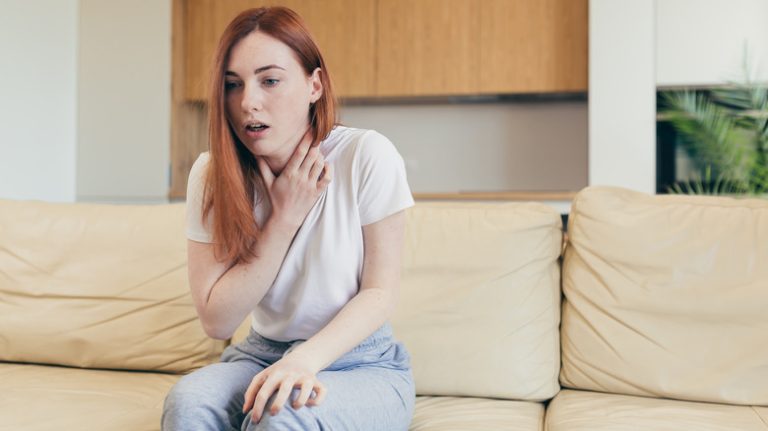Hiccups are annoying. While people around you might find it amusing when you’re trying to control the involuntary noises that are escaping your mouth during hiccups, you are, more often than not, looking for ways to get rid of your hiccups.
A lot of things can cause hiccups — like eating too fast, alcohol, carbonated beverages, spicy foods, and smoking, to name a few. As explained by professor of emergency medicine at the University of Utah, Dr. Troy Madsen (via Business Insider), hiccups occur when the muscle responsible for breathing — diaphragm – spasms out of control. This spasming can cause your vocal cords to shut, creating the “hic” sound in hiccups.
Turns out you can get the hiccups when you feel anxious, too. It is one of the more unusual symptoms of anxiety, per Psych Central. A 2024 study done on children aged 11-13 years published in the Journal of Family Medicine and Primary Care that looked at “psychogenic hiccups” in North India seems to corroborate this fact. Anxiety-related hiccups occur because of a disruption in the nerve connections that run from your brain to the diaphragm, according to Gut Care.
What does anxiety do to your breathing and related muscles?
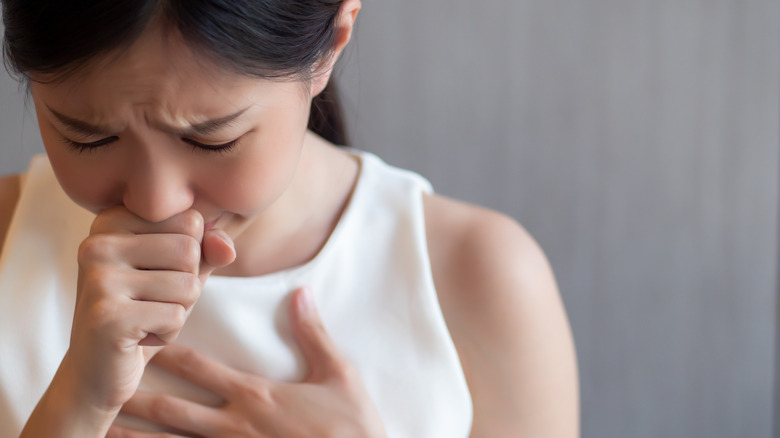
Nervousness, fright, stress, and anxiety can irritate the phrenic nerve which runs from your brain to the diaphragm, per Harvard Health, and this can cause the muscle to spasm which eventually leads to hiccups. The phrenic nerve, a critical part of the respiratory system, is what makes your diaphragm expand and contract when you breathe, according to Cleveland Clinic.
Anxiety-related hiccups can resolve on their own after a few minutes, but you can try the regular hiccup-relief methods like sipping cold water and holding your breath for a few seconds to see if those work. Breathing into a paper bag, biting into a lemon, gargling with cold water, consuming a teaspoonful of sugar, and holding your knees close to your chest for a few seconds are also home remedies to try.
If you’re someone who can’t get rid of the hiccups the traditional way, there are modified versions of the same rituals you can try, according to internal medicine physician, Dr. Olufunke Olushoga (via Hackensack Meridian Health). “There are ways to modify some of the standard home remedies. With your mouth closed, hold your nostrils and try breathing out. When you do this, tighten your stomach muscles so it feels like you are bearing down. Hold this for five seconds,” added Dr. Olushoga. Hiccup relief aside, you may also want to get to the root of your anxious feelings.
How to handle your anxiety

Hiccups might be a good indicator that your anxious feelings are something worth paying attention to (if you’re not doing so already).
While most of us worry about life’s everyday struggles from time to time — getting to work on time, meeting an important work deadline, or navigating relational, financial, or health problems, it’s also good to learn the tools to cope with anxious thoughts on the daily. Incorporating exercise into your week, eating balanced and nutritious meals, making sure you’re getting enough rest at night, cutting back on alcohol and caffeine, quitting smoking, and adding mindfulness practices like journaling and meditation into your life can go a long way in reducing anxiety (via Mayo Clinic).
Counseling and related processes like cognitive behavioral therapy or CBT are other useful methods for dealing with anxiety, according to clinical psychologist at Mayo Clinic, Dr. Craig Sawchuk. It is important to recognize when your anxious feelings are manageable with your interventions and when you might need professional help.
If you or someone you know needs help with mental health, please contact the Crisis Text Line by texting HOME to 741741, call the National Alliance on Mental Illness helpline at 1-800-950-NAMI (6264), or visit the National Institute of Mental Health website.

